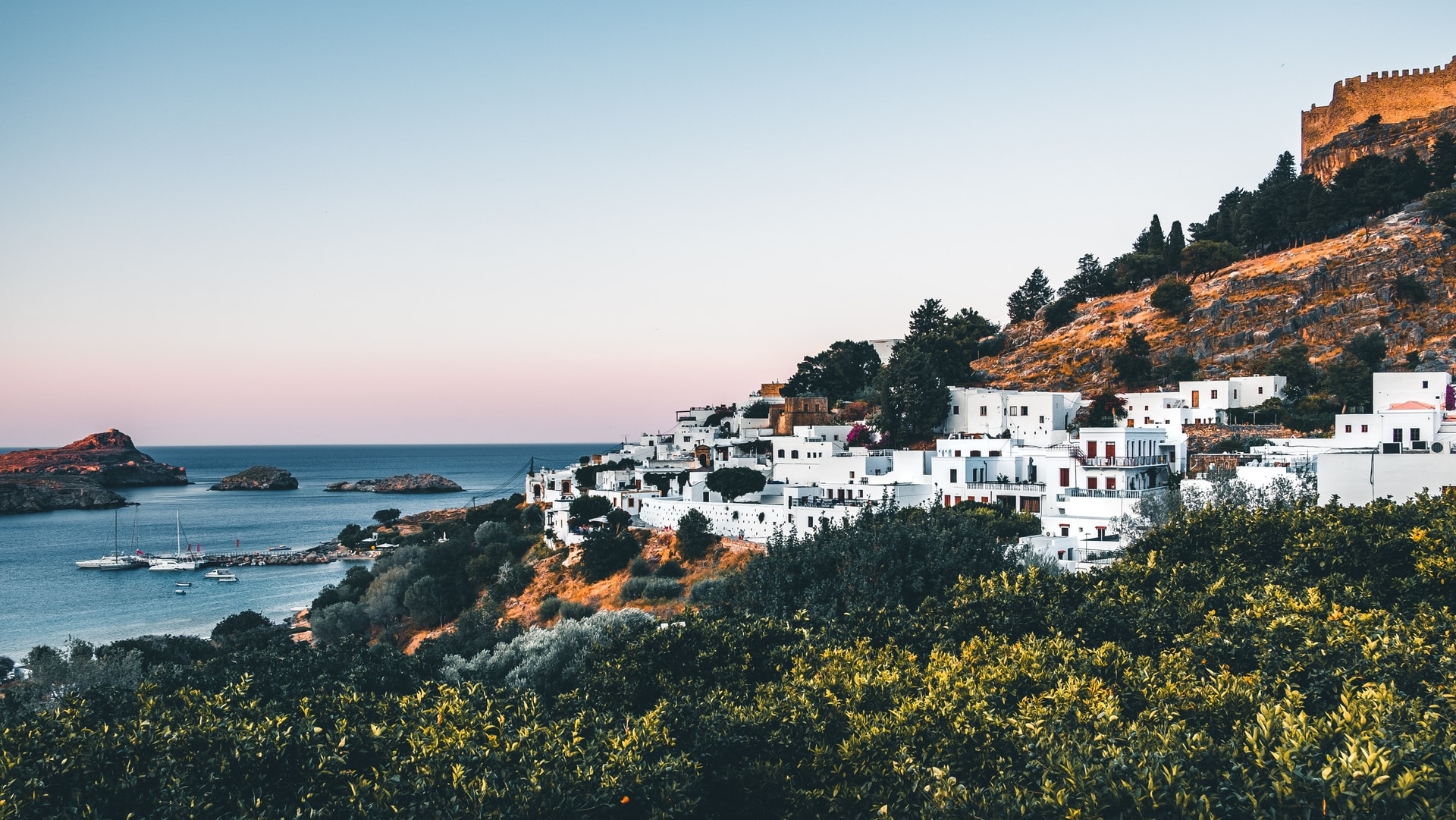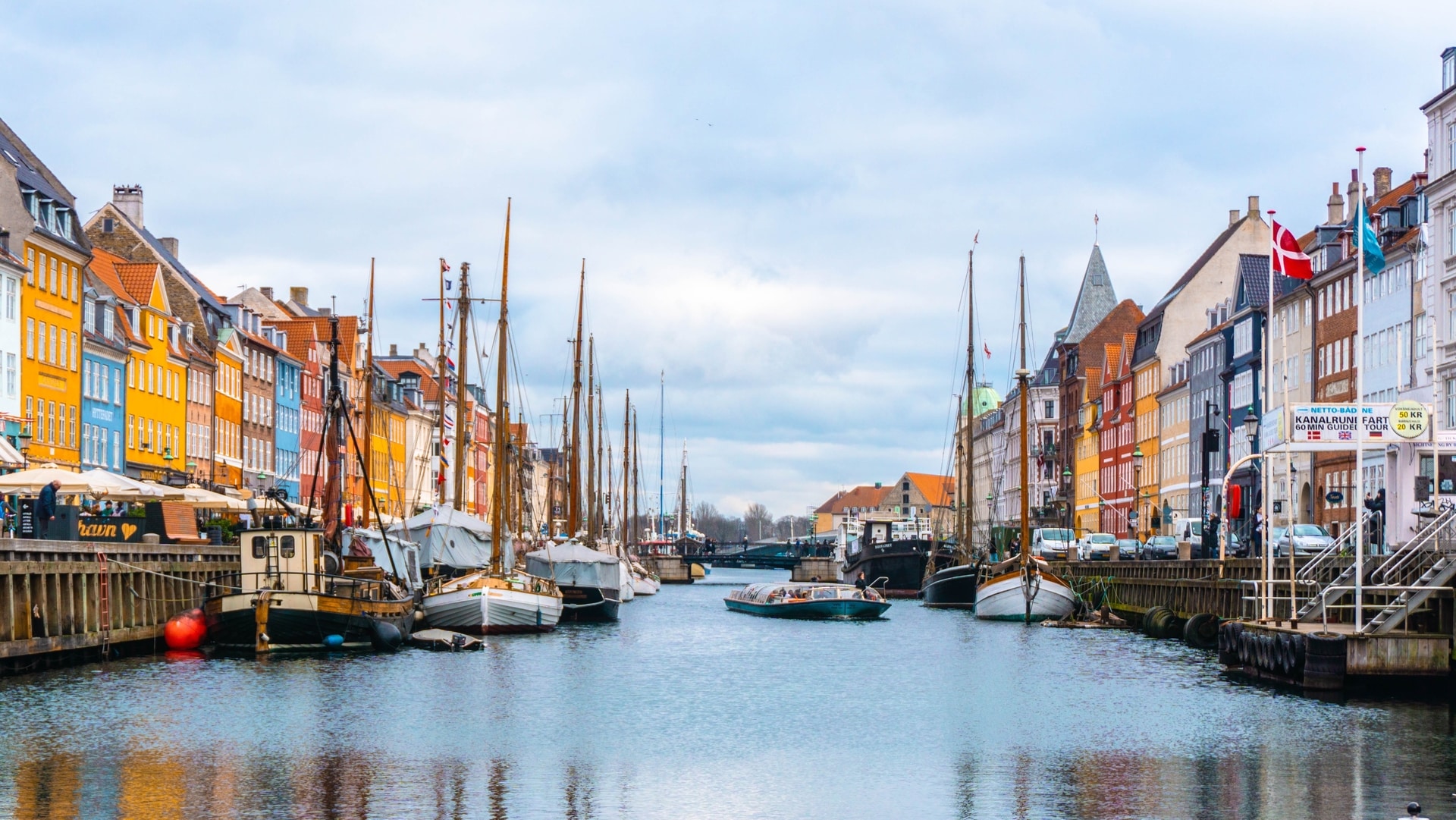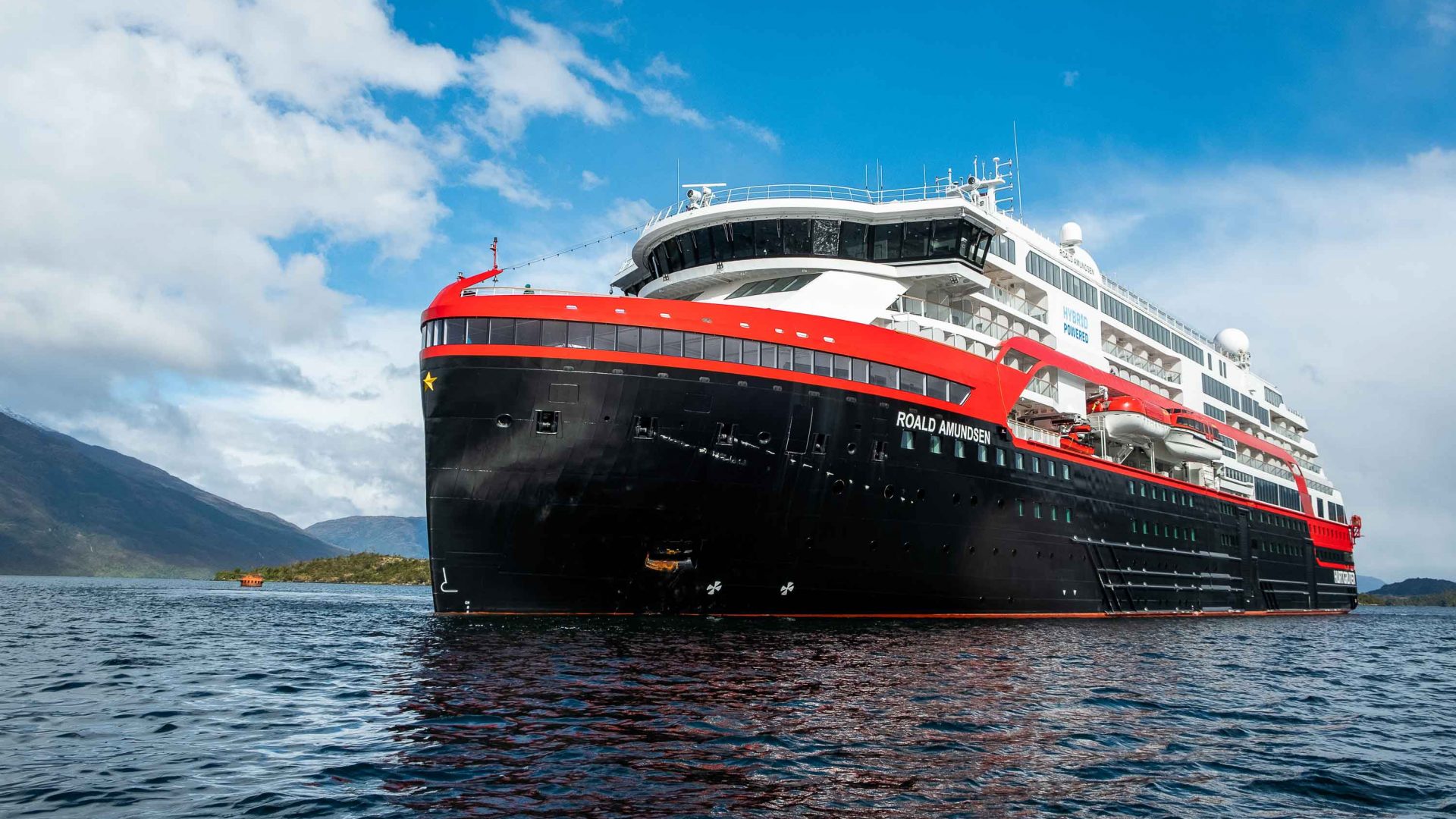
Together with tour giant TUI, Greece has kicked off a dedicated travel ‘laboratory’ on Rhodes. The goal? To turn the island into the “global center” of sustainable tourism.
After a pretty rough decade, economically speaking, Greece is looking to transform its tourism sector and turn the island of Rhodes into a beacon for sustainable travel. They’ve just announced a partnership with global tour brand, TUI, to launch the world’s first ‘sustainable travel laboratory’. It’s called The Rhodes Co-Lab.
RELATED: What does it take to protect paradise? Ask Australia’s Lord Howe Island
The Co-Lab won’t be a laboratory in the traditional white-coats-and-test-tubes sense. It’s a collaboration between local government, sustainability experts, scientists and international tourism partners to turn Rhodes into sort of a test case for what ethical, environmentally-conscious tourism might look like.
The big goals of the project are to protect Rhodes’ biodiversity, while at the same time encouraging visitors and creating more local jobs. TUI and the Greek government are also committed to the EU’s carbon neutral by 2050 goal, approved last year, which will guide the overall direction of the lab.
“I think Greece is a country that is clearly turning a page. It’s leaving behind a decade of crises, of pain. And I think it’s a country that is really looking to embrace the challenges of the future.”
Kyriakos Mitsotakis, Greek Prime Minister.
This is a pretty big deal. It’s arguably the first project, backed on a national scale, to analyze tourism’s environmental impact and think up better ways to travel. The hope is that Rhodes can (eventually) inform and help overhaul Greece’s entire tourism model, which was worth about $38 billion Euros per annum, pre-COVID. If Rhodes can pioneer new modes of sustainable travel, and make them profitable, other European countries can follow its lead.
“Tourism has positive effects: better opportunities for education and work, higher environmental standards and more prosperity,” says Thomas Ellerbeck, chairman of the Board of Trustees of the TUI Care Foundation.
“The Co-Lab is the first platform to make this overall account transparent for a major destination and to test new solutions. The entire tourism industry will benefit from this. Rhodes can become a blueprint for a successful sustainability transformation.”
RELATED: “The travel industry must turn this climate moment into a climate movement.”
The Co-Lab’s timing is critical. Greece is expecting tourism to surge in 2022, overtaking pre-pandemic levels. (Just to give you some idea: over 2.3 million people flocked to Rhodes in 2019. It’s one of the busiest islands in the Aegean). If the government is going to hit its targets under the UN Sustainability Goals, the Paris Agreement, and the EU’s carbon-neutral-by-2050 plan, it needs to think up greener ways to travel.
“I think Greece is a country that is clearly turning a page. It’s leaving behind a decade of crises, of pain. And I think it’s a country that is really looking to embrace the challenges of the future,” says Greek Prime Minister, Kyriakos Mitsotakis.







